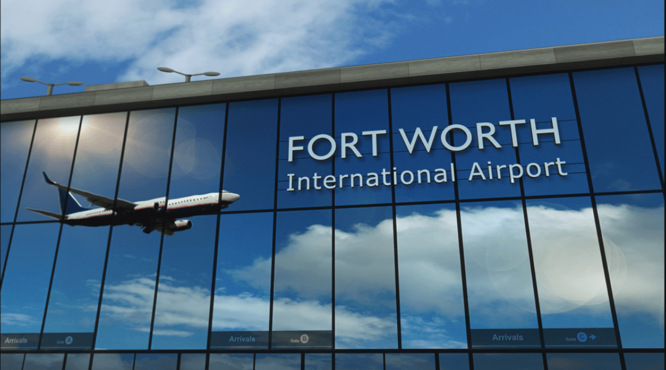AT&T won DFW Airport’s $10 million private 5G contract 2023

According to Mike Youngs, it all began in the Dallas Fort Worth (DFW) International Airport restrooms.
During the COVID-19 pandemic, Youngs, the airport’s vice president of information technology, desired to use wireless technology to reduce congestion in lavatory lines. His team installed sensors, lights, and monitors outside the lavatories to alert patrons when doors are locked and cubicles are occupied.
However, the sensors frequently lost connection with the third-party-operated Wi-Fi network at the airport.
The lavatory sensors were only the top of the iceberg for DFW, Youngs realized.
As one of the world’s largest airports – DFW serves 72,2 million passengers annually and employs 30,000 people over a distance of 26.9 miles – the venue will likely need to implement many similar systems in the future, including escalator monitors and baggage tracking.
According to Youngs, the airport would need a scalable, airport-managed wireless platform to accommodate all of these Internet of Things (IoT) systems. This platform would need to be scalable and controlled by the airport.

Flexibility “has been the mantra,” Youngs stated during a recent presentation at the Connect X trade exhibition in New Orleans. “We really need a private wireless network.”
The examinations and RFP
DFW commissioned two tests to determine the viability of the technology. One involved a wireless network in an unlicensed 3.5GHz CBRS spectrum, deployed at gate A9 by startup Betacom to track cargo. Together with Druid Software and Airspan, Betacom furnished the network’s core, radio access network (RAN), computing capabilities, and security software.
Samsung and Harman, the connected vehicle and audio specialist that Samsung acquired in 2016, participated in the second CBRS trial at DFW. The trial’s objective was to assess the effectiveness of a private CBRS network for tracing cargo assets.
Youngs was persuaded by the results to purchase and operate a private wireless network within DFW. Finding a vendor for a comprehensive installation was the next step.
In late 2021, the airport issued a request for proposals (RFP) for the project. Youngs reported that DFW’s initial RFP information session was attended by 12 companies, including the three largest wireless carriers.
AT&T, headquartered in Dallas, announced at the beginning of May that it had been awarded the five-year, $10 million contract. The contract was authorized by DFW’s leadership shortly thereafter.
